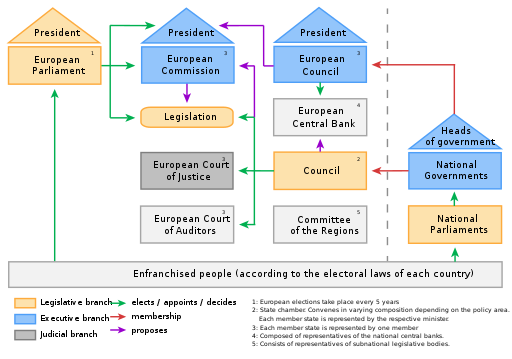No, we are not talking about ‘legal’ processes but about processes understood as ‘procedure’; we could also call it algorithm or procedure.

If corruption becomes the norm in society then it becomes just. Just in the sense not as an absolute idea of what is just, but in the purely legal sense. It coexists, i.e., with the social environment. Sometimes a scapegoat pops up, but it is just a fuse that from one moment to the next has started to be inconvenient for someone, will be eliminated and it will be another grain of sand in the hourglass of time.
What is corruption?
Basically favouritism paid for with what is called a bribe. Example: me company wants to win the contract for the construction of a bridge so I pay Mr Smith (invented name) who has the power to influence the council that will choose the winner of the contract, my company precisely.
So far everything is clear and straightforward, suitable for simple minds who watch television and read De New Yorg Dimes or Finangial Dimes. Both the company and Mr Smith are punishable by law (they have made enough laws and we do not care to quote their paragraphs).
But what happens if things get more complicated? Finangial Dimes’s man clearly needs explanations and newspapers that simplify for him, so we fall back on the case above, and there is no point in quoting the myth of the Cave. Great, but let us continue on our brief adventure into the corpus socialis.
We were saying, what happens?
My company pays a consulting firm that recruits technical staff in various other entities. Those who recruit do so on the basis of the company’s core values, inclusiveness, tolerance and equal opportunities (nowadays).
It happens that one of these entities is the council for the selection of the contract. Those who belong to that council are perfectly clear about the most important values on the basis of which they select the most suitable company.
Obviously my company, or the consulting company mentioned above, will have other management consluting companies (typo but I decided to leave it), in which shaved sons (also valid for LGBTQ*AA++ friendly daughters) of other managers & CEOs have been parked to create their own bright futures. Obviously my company will surf the power points and be in the top ten of this and that. Obviously we have to put everything in perspective: the more I pay management consluting companies, the more time they will have time to investigate and create appropriate studies on my company and thus find the best strengths to highlight to the aforementioned council.
There is no escape, my company will win the tender.
We will prove that we are the company that supports more of the current thing and that it is cutting edge and 4.0 (it doesn’t matter in what and what 4.0 means, it might as well be 5.7).
Maybe one could even sponsor a thesis paper in newspaperism on certain uncomfortable activities of my rival company. Or maybe it could be the aforementioned consulting firm that does it, the end justifies the means.
This will certainly not sound like bribery (or rather, the way we have put it, it is clear that it sounds like corruption) because nobody is directly exchanging bribes. Everything is in fact legal and done in the light of day. A monk in the 1300s might have called it bribery of the soul but today you do your thesis on it (and I don’t give a shit that monks are old, water under the bridge, Star Wars stuff!, they are still more evolved human beings than the average university student today).
The trick to camouflaging these mores is to add layers and layers of clientelistic interactions and locally legal bureaucratic complexities so, in a superfast society where there is no time to understand the complexity of interactions, local legality is more than satisfactory.
Hence, the concept of legality, i.e., abiding by rules, is held firm by the untouchable veil of societal complexity. It is a different matter for ordinary mortals who, TRANSGRESSORS, are fined for speeding at 54km/h and unaware that using common sense will set them up to fail.